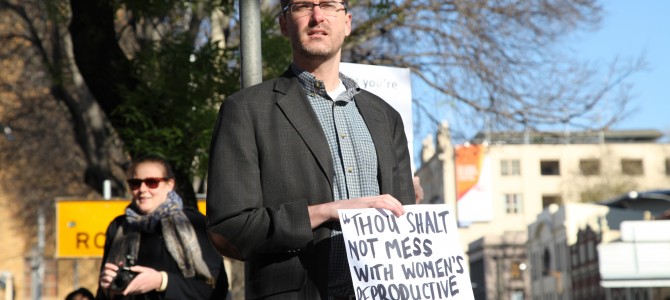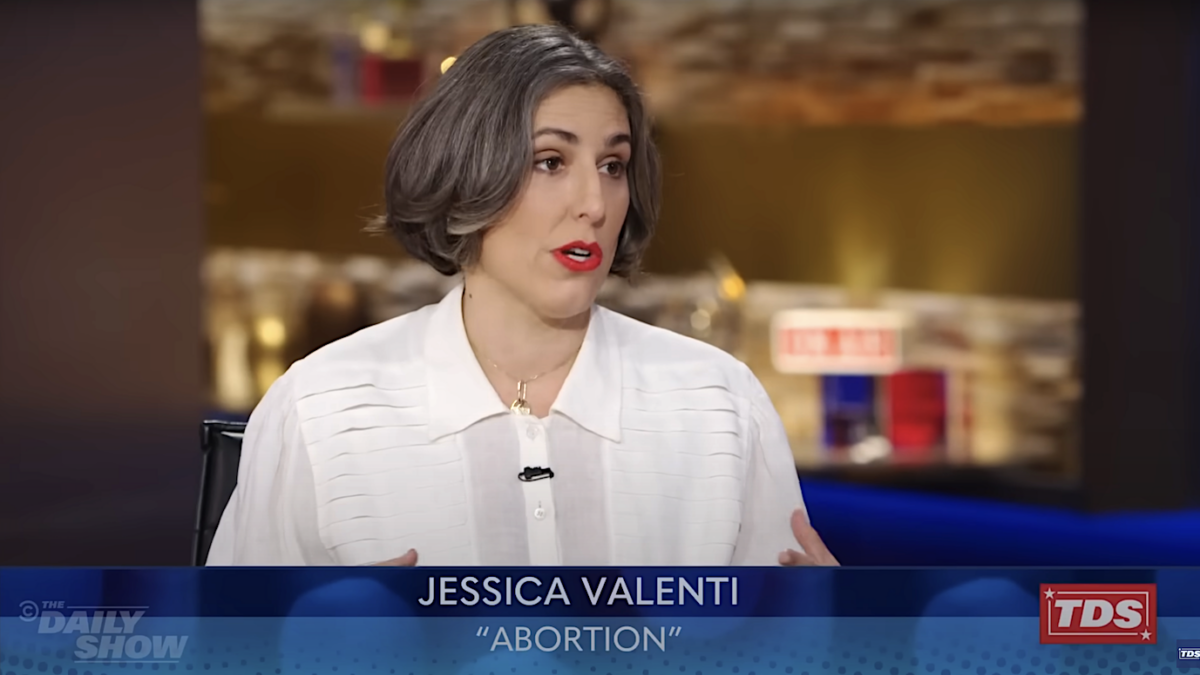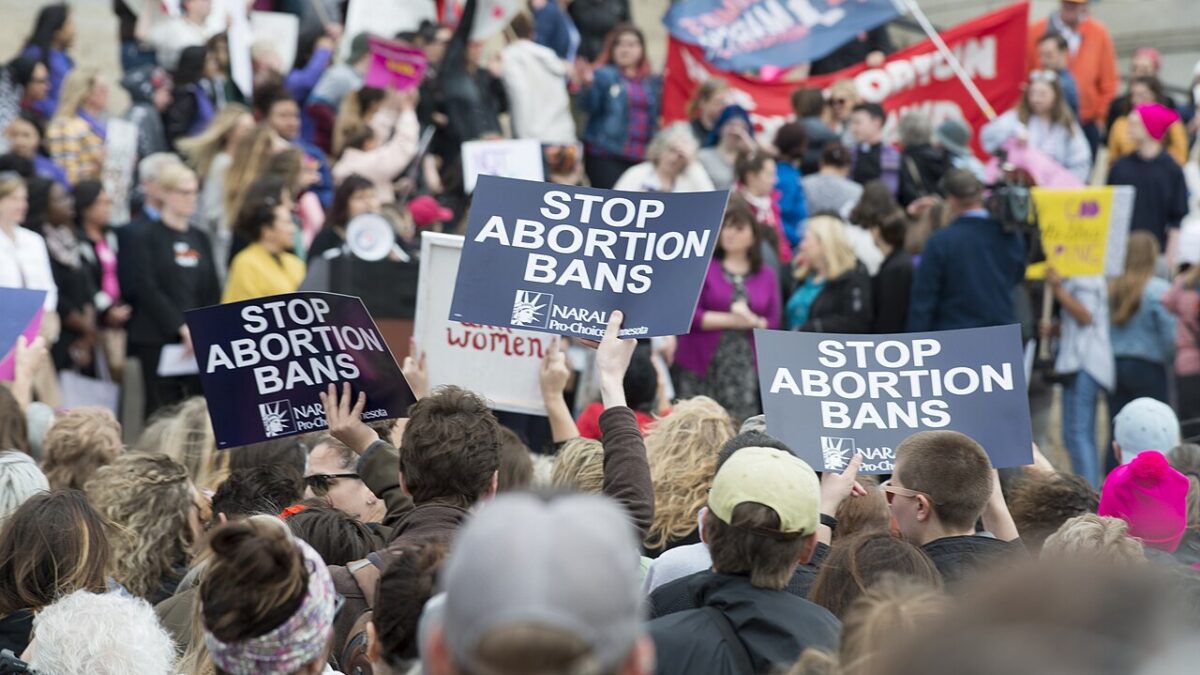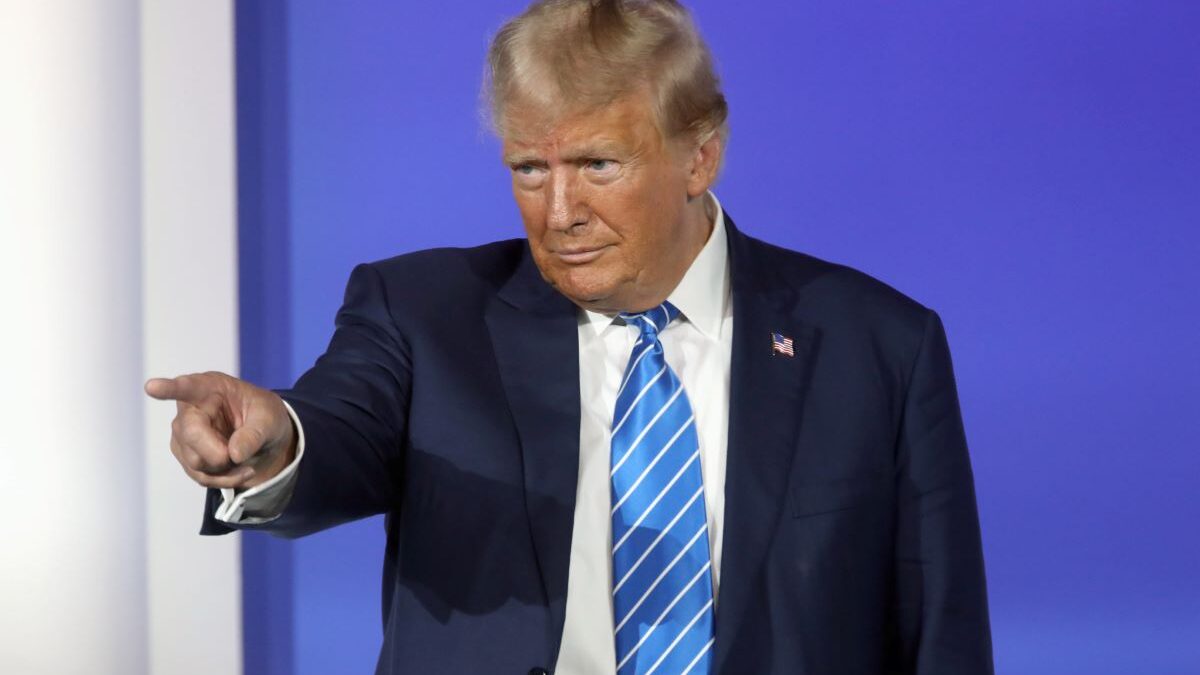
“It was like some horrible crime committed in a dungeon, all unseen and unheeded, buried out of sight and of memory.”
This is how Upton Sinclair summed up the process by which hogs were transmogrified into meat in the turn-of-century Chicago meatpacking industry. It occurred in plain sight—he describes the horror on the faces of visitors to the plant—but Americans were broadly unaware of how their meat came to be. It took his novel The Jungle to douse the industry with public attention, resulting in reforms that still have force today.
I couldn’t help but think of the celebrated muckraker Sinclair as Philip Bump’s attempt to discuss when life begins on the Washington Post’s “The Fix” blog ricocheted around the Internet yesterday. It wasn’t just the content of Bump’s effort at explanatory journalism—the obedient acceptance of a pro-abortion organization’s spin, the ignorance of embryonic science—that was so galling. More than that, it was the posture of incuriosity toward his topic that showed just how poorly today’s media compares with the courageous figures of years past.
Bump writes with the insouciant incuriosity that defines media coverage of abortion in America: “‘Life’ is something of a philosophical question…” It never seems to have crossed his mind that whether the United States has permitted the genocide of 50 million human beings rests on the answer to this question. Bump and his media compatriots are content to leave this essential question sitting in shadow, even while shedding light is their job.
In the same way, the media continues to permit the practice of abortion in America to go on without scrutiny. Let us be clear: This is not a political complaint, but a journalistic scandal. The great conceits of journalism—speaking truth to power, confronting the public with uncomfortable realities, giving a voice to the voiceless—are all abandoned when it comes to abortion.
What if we had a latter-day Upton Sinclair willing to expose our abortion regime, rather than the incurious mandarins who pathetically claim his mantle? What would he find when he opens the door to the dungeon?
He would find systematic slaughter, but of children rather than hogs. In Delaware, Planned Parenthood nurses reported “meat market-style assembly line abortions.” The conveyor of pregnant women moved so quickly that bloody discharge remained on the exam table. We know about this only because courageous nurses came forward; one can only imagine how many other abortion facilities still operate in such putrid conditions.
He would find callous disregard for human dignity, as children are treated in life and death more like livestock than persons. Former Planned Parenthood director Abby Johnson (again, a whistleblower rather than a journalist) reports that the organization had abortion quotas it expected its centers to fulfill, because abortion is the most lucrative part of the Planned Parenthood business model. And only a few weeks ago we learned from The B.C. Catholic newspaper of the Archdiocese of Vancouver that children aborted in British Columbia were being incinerated as fuel in Oregon.
And he would find that the squeals of hogs have a human analogue, as well:
[Sherry West] hated working in the room where Gosnell performed abortions—never more than the night a staffer asked for help with a problem at Gosnell’s Women’s Medical Society clinic in West Philadelphia.
“There was this clear glass pan, and I saw it, and I thought, ‘What do you expect me to do?’” West testified Monday at Gosnell’s murder trial.
“It wasn’t fully developed,” West told the Common Pleas Court jury, referring to the 18- to 24-inch-long newborn in the pan. It didn’t have eyes or a mouth but it was like screeching, making this noise. It was weird. It sounded like a little alien.”
Questioned by Assistant District Attorney Joanne Pescatore, West, 53, said she did not know what happened to the “specimen”—the term she said she used because “it was easier to deal with mentally.”
“It really freaked me out, and I said call Dr. Gosnell, and I went back out front,” West added.
And when Dr. Gosnell arrived, we can safely assume, with a snip the screeching fell silent.
And the silence persists. The voiceless remain so, except for that terrible shriek of primordial fear. They have no champion to make them heard.
Journalists should want to make us hear the plaintive and desperate cry of that child. Journalists should want to make us confront the gangrenous underbelly of our society, where suffering and anxiety and helplessness and death thrive. Journalists should want to make us look with clarity on that which we prefer to be obscured, to disturb our comfortable complacence.
Instead they enable that complacence, and in so doing enable the Gosnells of the world. For, despite loud protestations from abortion advocates (that are credulously accepted by the media), there must be more Gosnells. Nurses in Houston, for instance, saw Dr. Douglas Karpen twist the heads off of live babies with his bare hands. Never heard of Dr. Douglas Karpen? Exactly.
All these stories are only a smattering of what we know about abortion in America, and in not a single case was the story uncovered by the mainstream news media. More than that: In every case the news media covered these unflattering portraits of our abortion regime at all, they did so briefly and grudgingly. Imagine what we would know if the media treated the abortion industry with the even a scintilla of the suspicion with which they treat other billion-dollar industries. Imagine what atrocities might have been stopped. Imagine how many lives—women and children—might have been saved. Imagine what reforms would be clamored for.
“It was like some horrible crime committed in a dungeon, all unseen and unheeded, buried out of sight and of memory.” It’s hard to imagine a more concise description of Gosnell’s clinic, and of the darkness of abortion revealed through his brief celebrity. And it’s not too much to ask for our journalists to grab a shovel to expose the dungeon to the light of public scrutiny, rather than to entomb it more deeply in convenient secrecy.
The willful failure to do so doesn’t just violate the media’s own commission; it is nothing less than inhumane.
Follow Brandon McGinley on Twitter.









